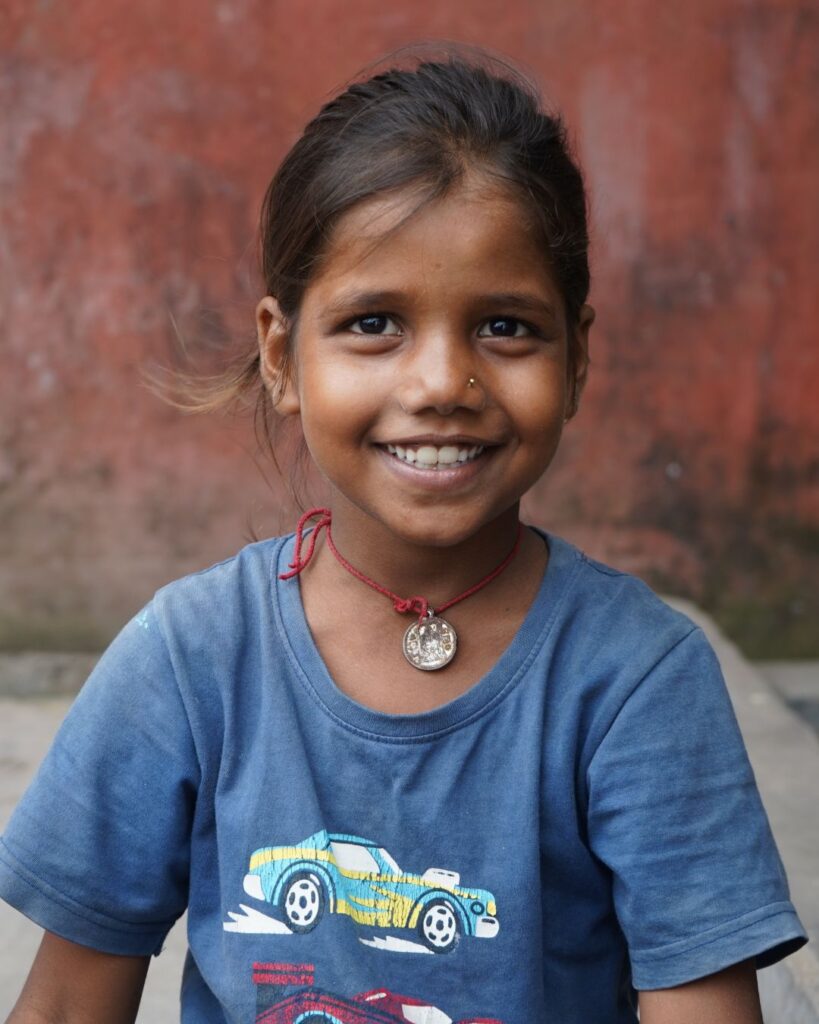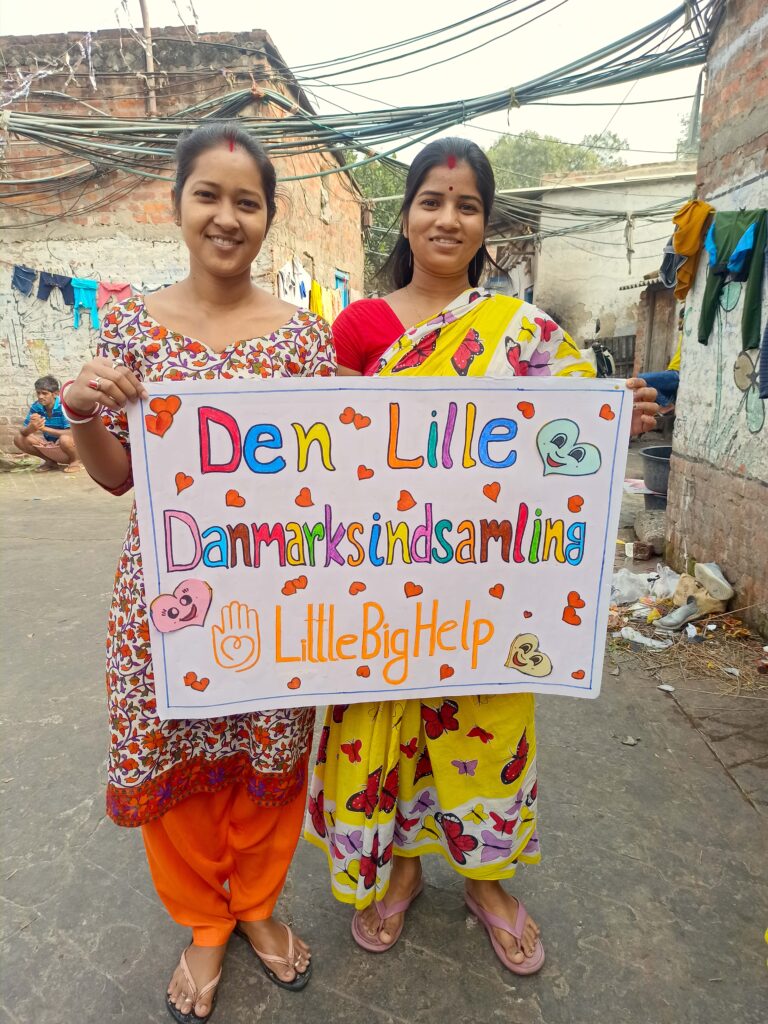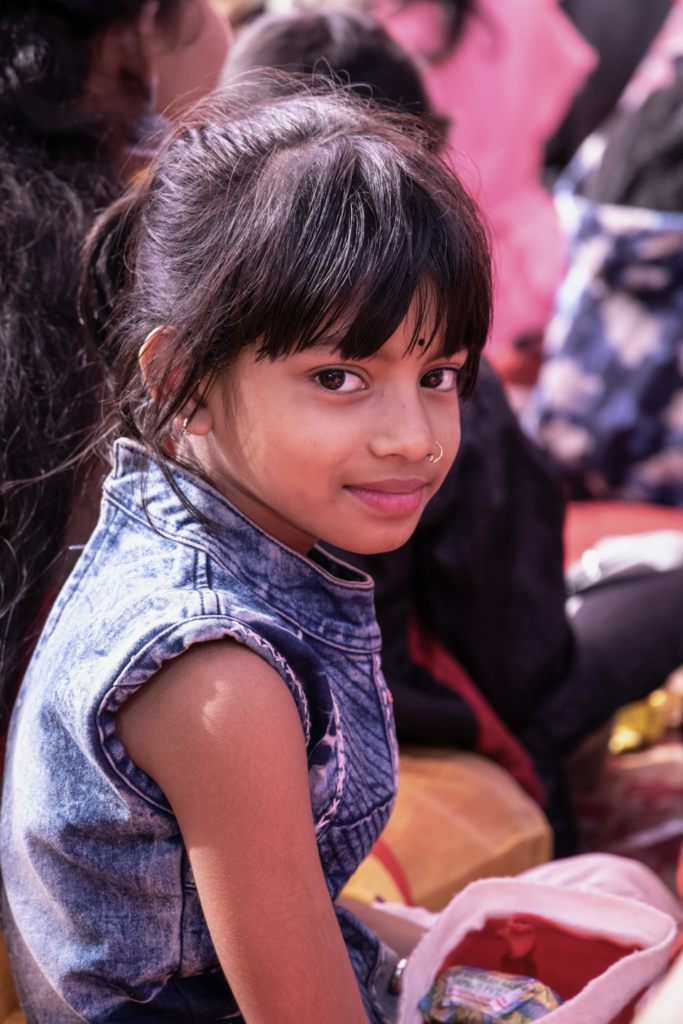Community
centres
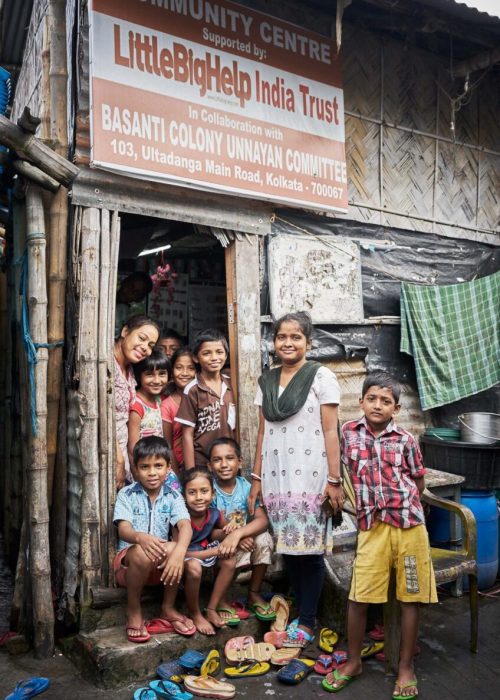
At our 13 community centres, we prepare children for school, support their families and raise awareness about the rights for people living in slum areas.
Although primary education is free and compulsory in India, many children never get enrolled in school, and 29% of those that do start drop out before eighth grade. Lack of education perpetuates the cycle of poverty and increases the risk of ending up on the streets.
It is estimated that there are 11 million children living on the streets in India. To cope with the difficult living conditions, some join gangs for acceptance and “protection”, while others become addicted to glue. The longer children live on the streets, the harder it is to help them out of that environment.
At our 13 community centres located in slum areas in Kolkata and Howrah, we work with local volunteers and authorities to create a brighter future for children living in the slums. In addition to offering support and healthcare to the children and their families, we provide courses to prepare the children for school. After approx. 12 months, they start school, while we continue to offer social and academic support through tutoring and recreational activities.
In 2020, when the schools closed, following the pandemic, we initiated tutoring projects in all our community centres, to prevent the children from dropping out of school. In small groups they receive tutoring in various subjects, by professional educators. This ensures that they will not fall too far behind and lose motivation. Additionally, we offer computer training for children and adolescents to develop their technological and communicational skills, while improving their future educational and occupational opportunities.
At our community centres we also focus on creating awareness on various health issues – both physical and mental – through health camps, education, counselling, group meetings and workshops. Women and girls, living in the slums, experience difficulties with privacy, hygiene, and social stigma, during their menstruation, due to the miserable conditions of the restroom facilities available in the slums. As an initiative to counteract these obstacles, we are building “Woman Friendly Toilets” in the slum areas, providing a clean and sanitary environment to ensure the women’s and girls’ health, hygiene and privacy.
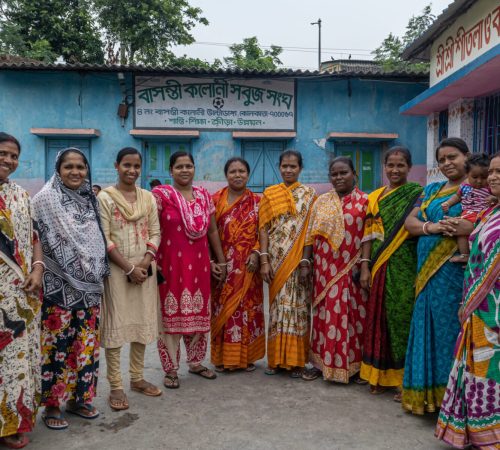
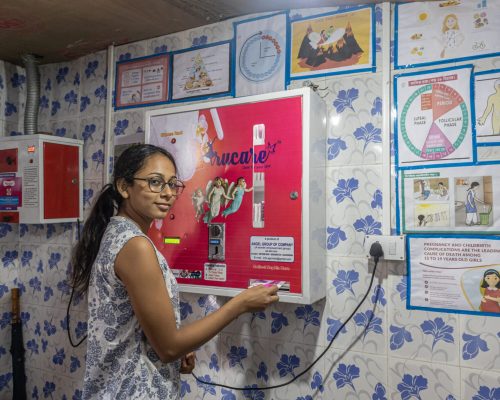
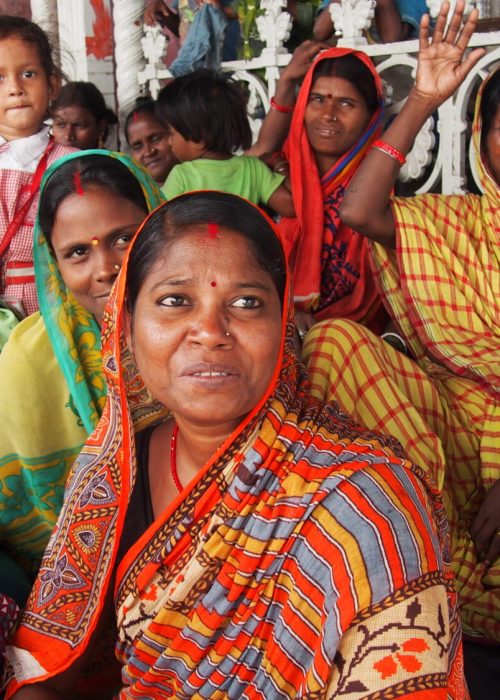
At our projects, in the different slum areas, we work closely with the local communities, through local clubs and Change Agents. This ensures a strong and sustainable development that benefits not only the individuals involved in our programs, but entire communities. When local forces are included and contribute towards developing the community in a positive direction, the changes are more likely to be long-lasting, as the local residents take ownership and responsibility for lifting and developing the community. This also ensures that the development work continues beyond our presence, through the people living in the slums.

